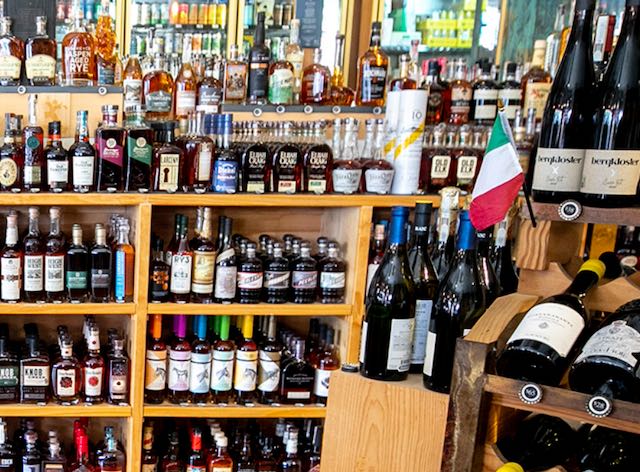Dozens of liquor shops shuttered after voters OK wine sales in grocery stores; hundreds more expected (The Gazette)
David Migoya
December 2, 2024

When Colorado voters were asked in 2022 to allow grocery stores to sell wine — lifting a 107-year restriction the industry repeatedly and unsuccessfully tried to beat back legislatively for decades — proponents billed it as a win for consumers’ pocketbooks and the leveling of the playing field for alcohol sales statewide.
With far less money in their campaign war chest against Proposition 125, independent liquor store owners fought back with claims that their businesses would be ravaged by an already-competitive market that ultimately favored the larger retailers.
The days of the local family-owned liquor store, they said, would be numbered.
For many of those stores, the predictions were right.
In the two years since 50.6% of state voters passed the measure, dozens of independently owned liquor stores have closed, a Denver Gazette analysis found. The way they described it, with Proposition 125 in place, they were to the edges of fiscal solvency by grocery store chains that sustained penny profits until their competition was emaciated.
And the likelihood that scores more are expected to shutter in the coming year — a handful of industry watchers estimate that as many as 400 additional liquor stores will be forced to close by 2026 — appears by some to be a conservative guess.
The trade group of grocers in Colorado countered that the change is ultimately benefitting consumers.
The reasons are varied, the owners and industry insiders told the Denver Gazette. In some cases, it was a liquor industry that couldn’t compete with chain-owned grocers that drew in and kept the clientele that would normally have stopped only for dinner items and then elsewhere for wine or beer.
In other cases, it was savvy big-box retailers that also dispensed prescriptions — Costco and Sam’s Club among them — that tapped into a little-used decades-old liquor license that was originally designed for local pharmacies.
And in still others, it was grocery chains that saw they could simply outlast any nearby independent liquor store owner long enough to make the latter’s license virtually worthless for any resale consideration.
What voters ultimately approved was a cutthroat industry that in a short timeframe has turned into a bloody and apparently one-sided brawl.
What’s more, the state’s craft brewers say they are equally feeling the pinch — dozens have already closed or have diminished their output — because demand for their product lines has also dropped, largely the combined result of fewer local-friendly liquor stores and grocers with little appetite to offer prime shelf space to unproven brands.

